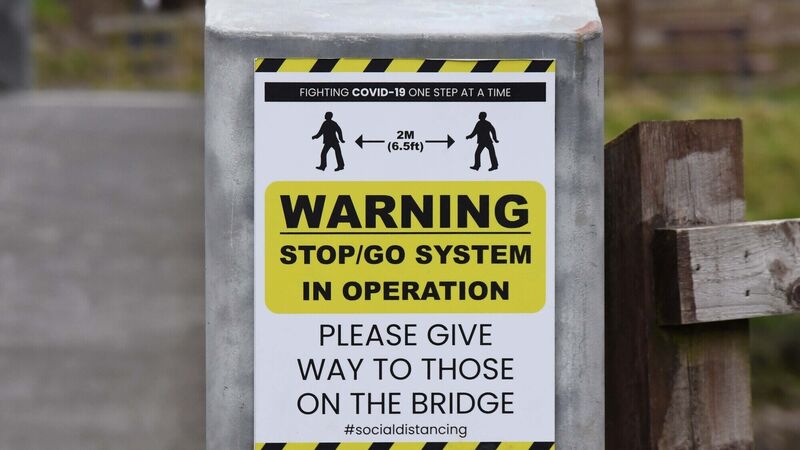Irish Examiner letters: The continued lockdown is causing a lot of harm to people

Those advocating for continued lockdown, working from home (everyone has that kind of white-collar job don’t they?) and keeping retail closed, all have well-paid, high-status public sector jobs. Picture: Denis Minihane.








